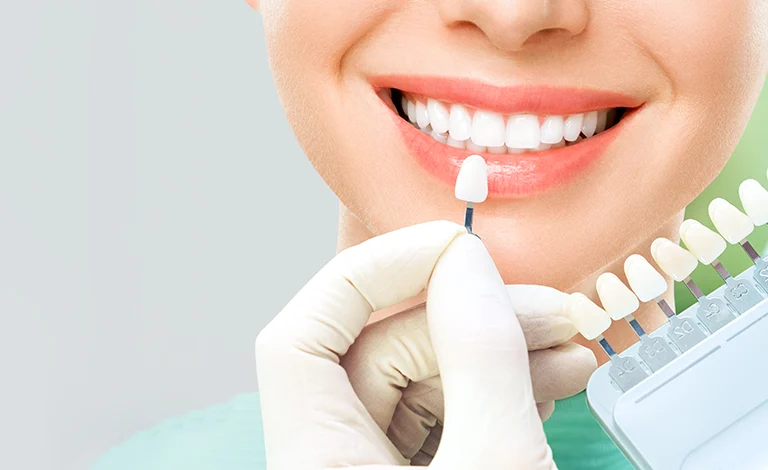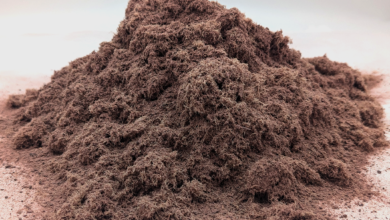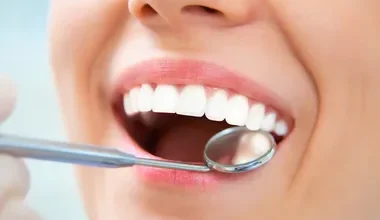Are Cosmetic Dental Procedures Safe?

Cosmetic dentistry is increasingly popular, promising brighter, healthier-looking smiles and boosted confidence. Despite its appeal, many people still wonder about the safety of these procedures. If you’re considering cosmetic dentistry, understanding the safety profile can help you make informed decisions.
What is Cosmetic Dentistry?
Cosmetic dentistry refers to dental treatments aimed at improving the aesthetics of your teeth, gums, and overall smile. Common procedures include:
- Teeth whitening
- Dental veneers
- Dental implants
- Invisalign and orthodontics
- Dental bonding
People opt for cosmetic dentistry to enhance their appearance, improve self-confidence, and correct imperfections.
Are Cosmetic Dental Procedures Safe?
In general, cosmetic dental procedures are safe when performed by experienced and qualified dental professionals. Like any medical procedure, cosmetic treatments come with certain risks, but these are minimal and easily managed by a professional dentist. Choosing a reputable and experienced dentist greatly reduces these risks.
See also: Professional Vietnamese Translation Services for the Healthcare Industry
Safety of Common Cosmetic Dental Procedures
Teeth Whitening
Teeth whitening is generally safe, especially when carried out professionally. Professional treatments ensure controlled use of bleaching agents, reducing the risk of sensitivity or gum irritation. Over-the-counter products can be safe but carry higher risks due to improper use. Following your dentist’s instructions minimises potential side effects.
Dental Veneers
Dental veneers, whether porcelain or composite, are safe and popular for correcting teeth appearance. The primary risk is the irreversible removal of enamel required for placing veneers. An experienced dentist ensures this process is done safely, minimising long-term risks.
Dental Implants
Dental implants involve surgery to place artificial tooth roots into your jawbone. This procedure is typically very safe, but as with any surgery, there’s a risk of infection, nerve damage, or implant failure. Proper planning, sterile techniques, and expert care significantly reduce these risks.
Invisalign and Orthodontics
Clear aligners such as Invisalign offer a safe alternative to traditional braces. These aligners gently shift teeth, causing minimal discomfort. Risks like gum irritation or temporary discomfort are minor, easily managed, and regularly monitored by your dentist.
Dental Bonding
Dental bonding is one of the safest and most minimally invasive cosmetic treatments. It involves applying a tooth-coloured resin directly to the tooth surface, with almost no risk when performed by a skilled dentist.
For more detailed information about these and other cosmetic dental services, consider exploring the available options.
Factors That Affect Cosmetic Dental Procedure Safety
- Dentist’s Experience and Qualifications: Always choose a dentist with a proven track record.
- Quality of Materials and Equipment: High-quality materials enhance both safety and effectiveness.
- Patient’s Oral Health Condition: Healthy teeth and gums ensure safer outcomes.
- Comprehensive Patient Evaluation: Proper pre-procedure assessments reduce the risk of complications.
How to Ensure Your Cosmetic Procedure is Safe
- Select a qualified, reputable cosmetic dentist.
- Clearly discuss your medical history and potential risks.
- Carefully follow all pre- and post-procedure instructions.
When to Avoid Cosmetic Dental Procedures
Cosmetic dental procedures may not be safe for everyone. You should avoid or postpone cosmetic dentistry if you:
- Have active oral infections or untreated tooth decay.
- Are pregnant or nursing (depending on the procedure).
- Have certain medical conditions that may compromise healing.
A personalised consultation with your dentist will clarify whether it’s safe for you to proceed.
Frequently Asked Questions
Are cosmetic dental procedures painful?
Most procedures are not painful because dentists use anaesthetics or sedation as necessary. You may experience mild discomfort afterwards, which can be managed with medication.
How long do cosmetic procedures typically last?
Longevity varies by procedure. Veneers and implants can last decades, while teeth whitening might need periodic touch-ups.
Can cosmetic dentistry harm my natural teeth?
When performed correctly, cosmetic dentistry will not harm your natural teeth. Some procedures, like veneers, involve minor enamel alteration, but they don’t cause harm when managed properly.
Final Words
Cosmetic dental procedures are safe and effective when performed by qualified dental professionals. Understanding the process, risks, and how to choose the right dentist ensures your cosmetic journey is both safe and rewarding.




